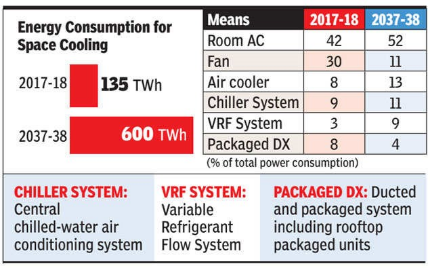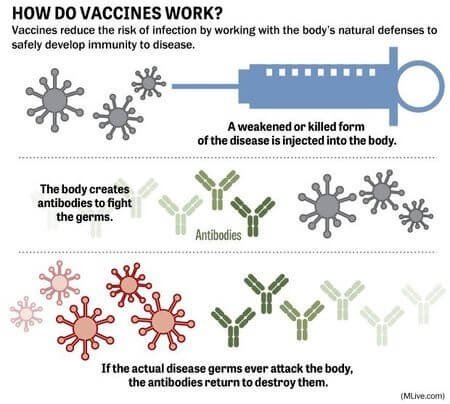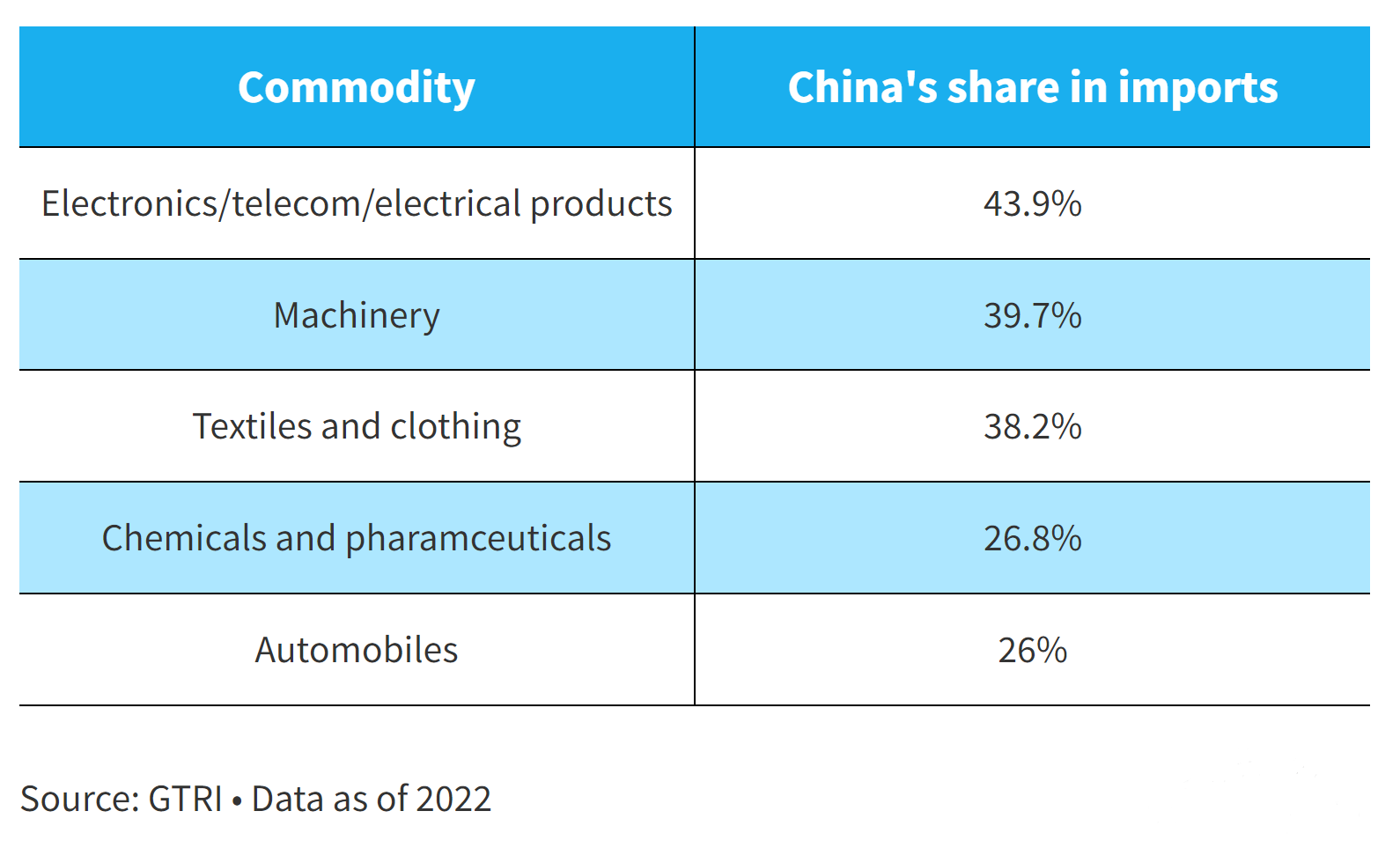
Industrial Alcohol Regulation
Subscribers of "Current Affairs" course can Download Daily Current Affairs in PDF/DOC
Subscribe to Never Miss an Important Update! Assured Discounts on New Products!
Must Join PMF IAS Telegram Channel & PMF IAS History Telegram Channel
- Context (TH): A nine-judge Constitution Bench of the SC questioned the Centre’s rigid position to have exclusive control over industrial alcohol.
- The central question is whether states have the autonomy to regulate industrial alcohol or if exclusive control lies with the Centre.
- Excise duty on alcohol, including liquor meant for consumption, is a major source of income for state governments.
- However, industrial alcohol, which is not for drinking, currently falls outside this revenue stream.
|
Constitutionality Regarding Industrial Alcohol
Constitutional Framework
- State List (Entry 8) under Seventh Schedule of the IC: The power of state governments to legislate on the production, manufacture, possession, transport, purchase, and sale of intoxicating liquors.
- Union List (Entry 52) under Seventh Schedule of the IC: Confers upon Parliament the authority to legislate on industries deemed expedient in the public interest.
- Concurrent List (Entry 33) under the Seventh Schedule of the IC: Allows both states and the Centre to legislate on industries, with the caveat that state laws cannot contradict central laws.
- Industrial alcohol falls under the Industries (Development and Regulation) Act, 1951 (IDRA), which lists it as a subject of regulation.
- This act of Parliament provides the central government with the power to regulate industrial alcohol.
Arguments Presented by the States
- The phrase intoxicating liquors in Entry 8 of the State List includes all liquids containing alcohol.
- Liquor, spirit, and intoxicant were used in excise laws before the Constitution came into force.
- Also, the Union’s power under Entry 52 of the Union List does not include control over finished products (such as industrial alcohol after the denaturation process).
- The Centre would first have to issue an order under Section 18-G of the IDRA to exercise exclusive control over the regulation of industrial alcohol.
- Without such an order, that control would vest with the states.
- The term ‘denatured alcohol’ refers to alcohol products adulterated with toxic and/or bad-tasting additives (e.g., methanol, benzene, pyridine, castor oil, gasoline and acetone), making it unsuitable for human consumption.
Excise Duty Levied on Alcohol
|
Evolution of Legal Precedents
Synthetics & Chemicals Ltd v. State of Uttar Pradesh Case, 1989:
- States’ powers, as per Entry 8 of the State List, were limited to regulating “intoxicating liquors”, which are different from industrial alcohol.
- Only the Centre can impose levies or taxes on industrial alcohol which is not meant for human consumption.
- The SC failed to consider its own prior Constitution Bench decision in Ch Tika Ramji v State of UP Case, 1956.
Ch Tika Ramji v State of UP Case, 1956
- The SC upheld UP’s legislation regulating the sugarcane industry against a challenge claiming exclusive central jurisdiction under Section 18-G of the Industries (Development and Regulation) Act, 1951 (IDRA).
- The ruling affirmed states’ authority to legislate in industries even in the presence of central laws, setting a crucial precedent for federal governance.
ITC vs Agricultural Produce Market Committee, 2002
- The SC emphasised that States are not mere appendages of the Centre and that their reserved powers should not be undermined.
Excise Duty
- Excise duty is a form of tax imposed on goods for their production, licensing and sale.
- It is an indirect tax paid to the GoI by producers of goods.
- State governments impose and collect excise duty on the production of a few items, including liquor and other alcohol-based items, which is called ‘State Excise’ duty.
- Excise duty is the opposite of Customs duty in that it applies to goods manufactured domestically in the country, while Customs is levied on those coming from outside of the country.
- At the central level, excise duty earlier used to be levied as Central Excise Duty, Additional Excise Duty, etc.
- However, the introduction of the Goods and Services Tax (GST) in July 2017 subsumed many types of excise duty.
- Today, excise duty applies only to petroleum and liquor.
- Collection: The Central Board of Excise and Customs (CBEC) is responsible for collecting excise duty.
Legal framework- The two acts govern the excise duty
- Central Excise Act, 1944
- Central Excise Tariff Act, 1985





![PMF IAS Environment for UPSC 2022-23 [paperback] PMF IAS [Nov 30, 2021]…](https://pmfias.b-cdn.net/wp-content/uploads/2024/04/pmfiasenvironmentforupsc2022-23paperbackpmfiasnov302021.jpg)











